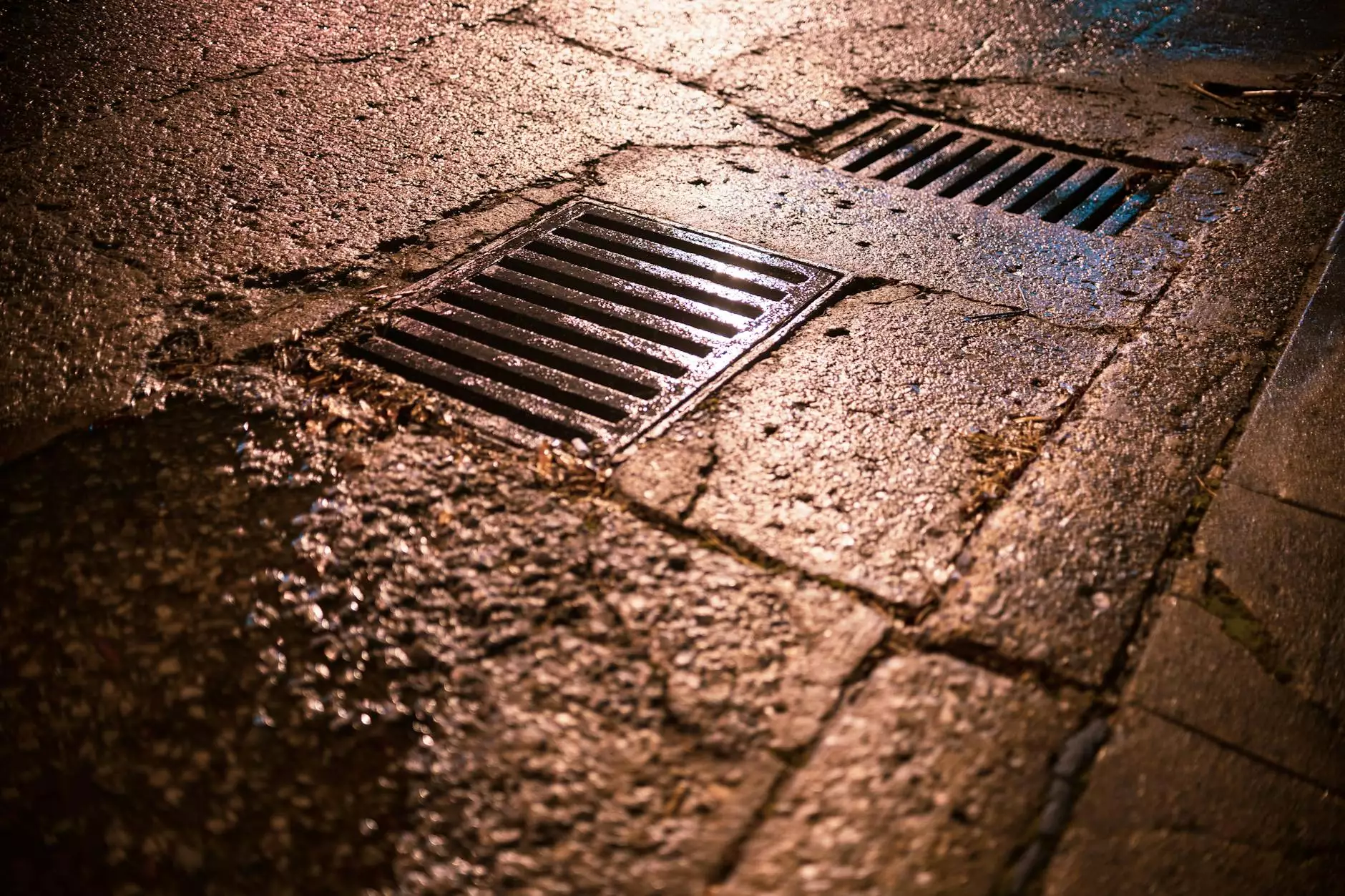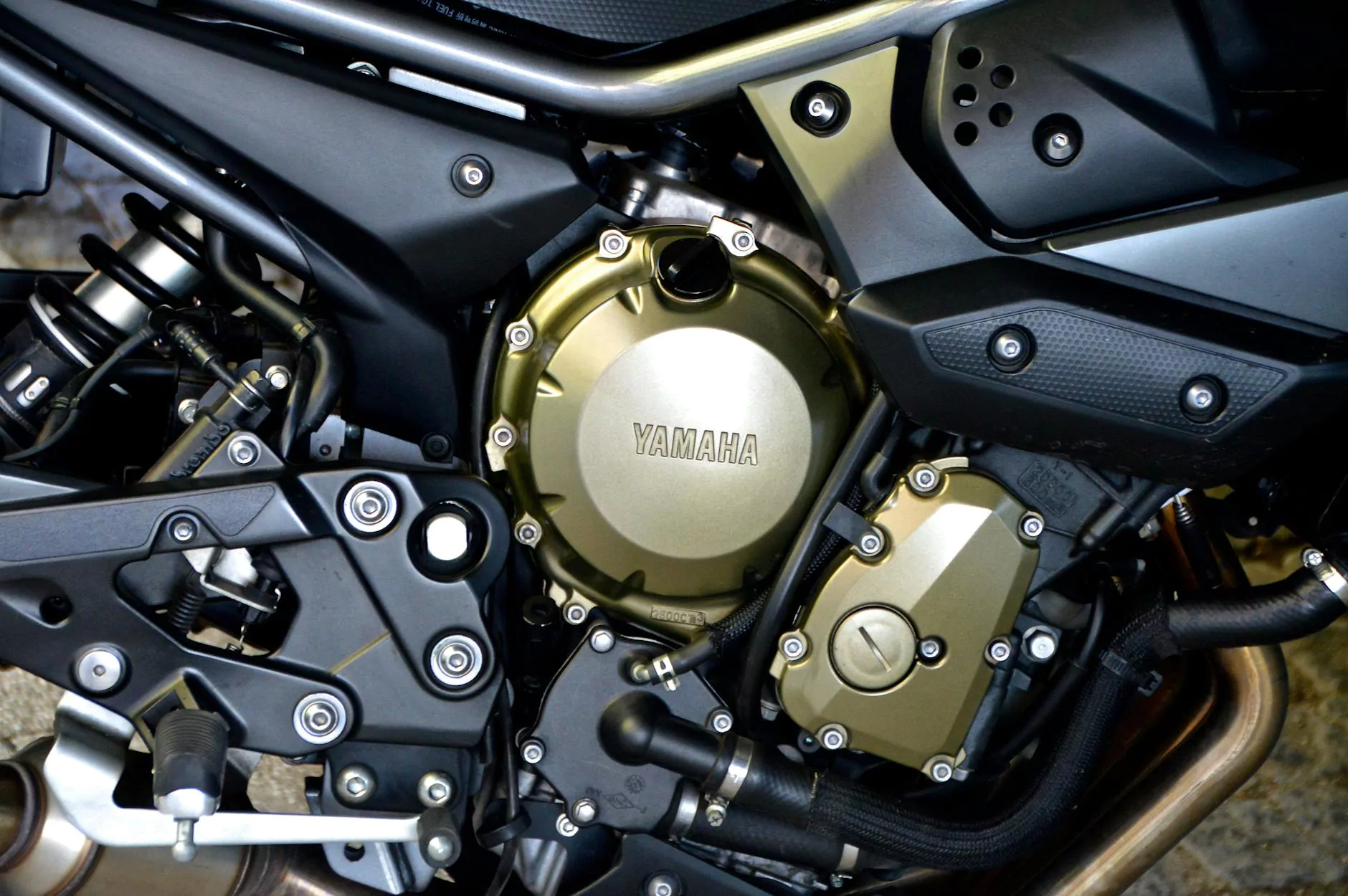Understanding the Ireland Drivers License: Everything You Need to Know

Introduction to the Ireland Drivers License
The Ireland drivers license is not just a document allowing you to operate a vehicle; it represents a critical aspect of personal mobility and freedom in Ireland. Whether you are a resident or a visitor, understanding this document can significantly impact your driving experience and compliance with local regulations.
Types of Ireland Drivers Licenses
In Ireland, there are several categories of drivers licenses, each designed for different types of vehicles. Here is a breakdown:
- Category B: This category is for standard passenger cars. It allows you to drive vehicles with a maximum weight of 3,500 kg that can carry up to 8 passengers.
- Category A: This license is essential for driving motorcycles. It is further divided into A1 (light motorcycles) and A (unrestricted motorcycles).
- Category C: For those driving larger vehicles, this category includes trucks over 3,500 kg.
- Category D: This license is necessary for driving buses. It is vital for those in the public transport sector.
The Importance of a Genuine Ireland Drivers License
Having a genuine Ireland drivers license is crucial for many reasons:
- Legal Compliance: Driving without a valid license is illegal and can result in fines, penalties, or worse.
- Insurance Benefits: A valid license is a prerequisite for obtaining car insurance in Ireland.
- Public Safety: The licensing process ensures that all drivers have met specific safety standards, benefiting everyone on the road.
How to Apply for an Ireland Drivers License
Step 1: Obtain a Learner Permit
Before applying for a full license, you must first obtain a learner permit, which allows you to practice driving under specific conditions. The application can be completed at your local National Driver Licence Service (NDLS) office or online. Ensure you have the necessary documentation, which includes:
- Your passport or another form of ID.
- Proof of address.
- Completed application form.
- A fee payment (usually around €35).
Step 2: Complete Driver Theory Test
After obtaining your learner permit, the next step is to pass the driver theory test. The test assesses your knowledge of the rules of the road, road signs, and safe driving practices. It’s important to prepare adequately, as this test is a prerequisite for your driving test.
Step 3: Practical Driving Test
Once you are confident in your driving skills and have completed a necessary period of learning (generally accompanied by a qualified driver), you can apply for the practical driving test. This test will assess your ability to operate a vehicle safely and confidently.
Step 4: Receiving Your Ireland Drivers License
Upon passing your driving test, you can apply for your full Ireland drivers license. This can be done at an NDLS office or online by providing your test pass certificate and biometric photo.
Renewing Your Ireland Drivers License
The Ireland drivers license has a validity period, after which it needs to be renewed. Here’s how to go about renewing:
- Check Expiry Date: It’s imperative to keep track of when your license expires to avoid penalties.
- Gather Required Documents: Ensure you have your current license, proof of identity, and proof of address.
- Submit Application: You can renew online or visit your local NDLS office.
Common Misconceptions About the Ireland Drivers License
There are several misconceptions associated with the Ireland drivers license. Here are a few:
- “A learner permit is a full license.” This is false; a learner permit allows for supervised driving only.
- “You don’t need a license for electric scooters.” Although some electric scooters do not require a license, it's important to check local regulations.
- “You can use an international license indefinitely.” An international license is valid for one year only; after that, a local license is necessary.
The Impact of Driving Without a License in Ireland
Driving without a valid Ireland drivers license can lead to severe consequences, including:
- Fines: Significant monetary penalties can be incurred.
- Legal Issues: A court appearance may be necessary, leading to a criminal record.
- Insurance Dilemmas: Being involved in an accident without a valid license can lead to complications with insurance claims.
Conclusion
Understanding the Ireland drivers license is crucial for anyone looking to drive in Ireland. Whether you must apply for your first license or renew an existing one, being informed about the process can ease the journey. Remember, a genuine drivers license not only serves as proof of your ability to drive lawfully but also enhances your confidence on the road.
For further information and assistance, you can visit ukexpressdocuments.com, where you can find resources related to your driving needs in Ireland, including obtaining legitimate documents.









